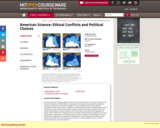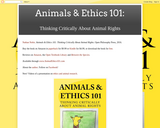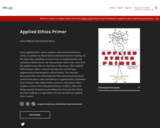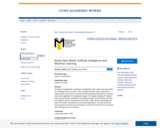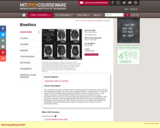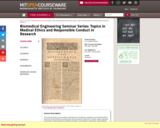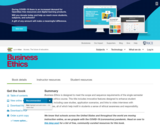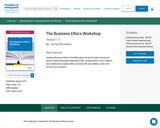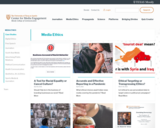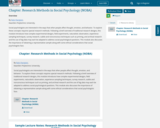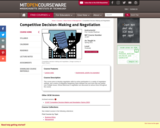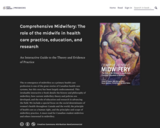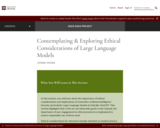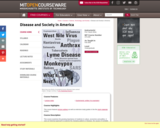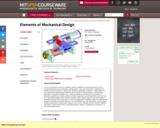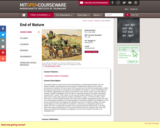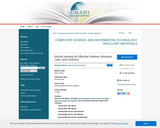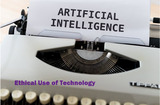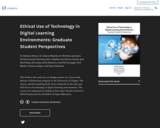This course was designed to provide supplemental material to accompany "Introduction to Philosophy: Ethics," edited by George Matthews (2019). This textbook is available for free online and has also been uploaded to the OERTX Repository. Links to the relevant chapters have been provided at the start of each module. Please feel free to use as much of this supplemental material as you would like and to edit it as you see fit.
Within the Instructor Resources, we have included PowerPoints and study guides over each chapter.
In each module, we have created Pages covering the main topics from the chapter, along with a summary of the chapter. Each Page consists of a few slides from the relevant PowerPoint. These slides are embedded as JPEGS, and alt-text is provided for the visually impaired. The slides were embedded in this way to make the content from the PowerPoints more manageable for students and so that the slides would be more accessible on mobile devices.
Along with these Pages, we have also provided podcasts and videos in each module and in the Additional Resources that emphasize connections to the empirical sciences, such as moral psychology, neuroscience, and evolutionary biology.
Each module contains a quiz. These quizzes draw randomly from pools of questions covering the chapter and the additional podcasts and videos. These quizzes were intended to be completed before class discussion, and they have been set to allow unlimited attempts until the due date.
Finally, each module also contains a dilemma for class discussion and a suggested active learning activity.
For additional assessment, we have provided a set of scaffolded writing assignments with accompanying rubrics, designed to help students learn how to write a philosophy paper. We have also included a model for a service-learning project.
If you have any questions about this material, please feel free to reach out to us. The PowerPoints, Pages, and Quizzes for each chapter were written by Dr. Jeremy Byrd (jeremy.byrd@tccd.edu), with the exception of those in the module over Chapter 7, which were written by Dr. Jeffrey Herr (jeffrey.herr@tccd.edu). Dr. Herr also wrote the dilemmas and the active learning activities for each module. The scaffolded writing assignments and rubrics were designed by Dr. Byrd, while Dr. Herr put together the service-learning project.
